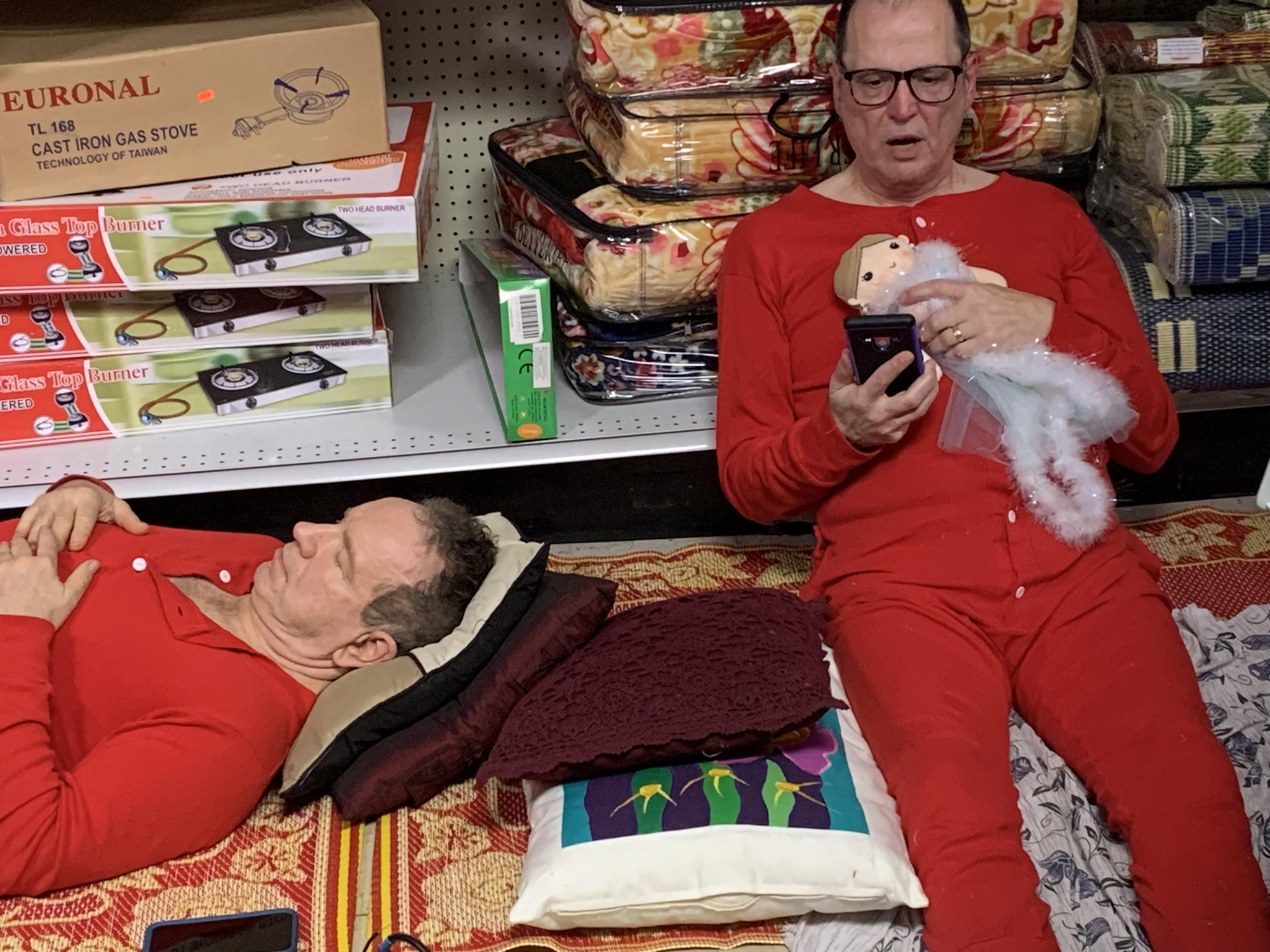Opinion polls are a snapshot in time. They project, sometimes years out, what might happen in a hypothetical based on these assumptions:
1. The candidates in question actually run for office, remain healthy, are not convicted in lawsuits, or victims of disinformation campaigns waged by foreign agents.
2. That the people responding to polls are, in fact, “likely” voters.
3. The large portion of the electorate that didn’t vote in the last presidential election, 80 million, won’t vote in 2024.
Billions will be wagered in 2024 to win the hearts and minds of likely voters with little, if any time or attention devoted to the large share of the electorate that doesn’t see any good reason to vote.
Now is a good time to encourage these 80 million nonvoters to reconsider their decision to sit out elections. A fully functioning democracy should be a fair fight between all eligible voters who believe they have a moral obligation to participate at the polls. Certain ideas such as expanded absentee voting, a national voting holiday and an opportunity for early voting promote this idea.
Short of legally requiring everyone to vote — an idea that works in some countries — most political leaders shy away from this broad approach as a waste of their valuable campaign time. Making matters worse is the fact that under the current electoral college system, much of their campaign energy is focused on a handful of swing states, mooting much effort in decidedly red or blue states.
Some argue that people who don’t vote … shouldn’t vote. Better they should stay home on election day because their lack of education on key issues could lead them to vote the “wrong” way. The worry is that these people might vote down a preferred candidate.
This argument is a dangerous one because it works against what America needs to do to come together. Much of the frustration that informs the current stalemate in our politics is based on the false assumption that voting doesn’t matter because neither party is effective. Even worse is the widely held belief that democratic government is in the hands of the few — those who use their vast resources to buy influence. To the extent that’s true, it is the result of (and only then the cause of) citizen apathy; it is certainly possible to bring down that kind of politics.
To have a fair political fight in representative government, it is critical that all eligible voters turn out on Election Day. To illustrate that point and hopefully spur people to exercise their franchise, I have worked with actors Doug Mancheski and Jeffrey Holmes to produce In The Time They Have Left.
In The Time They Have Left - Trailer from Glenside Productions on Vimeo.
In The Time They Have Left: All Episodes
While this series represents one point of view, it also opens the door to videos that argue for candidates who see things much differently. The combined impact of this messaging will be a much needed wakeup call for nonvoters. To make this happen I urge you to share this series with nonvoters and encourage them to make it to the polls on November 5, 2024.
Some of these nonvoters may very well be less informed than people who regularly participate in elections. It is also true that they may be less susceptible to dire propaganda and disinformation camouflaged as “news.” In other words, their choices may be less contaminated than some regular voters who only listen to one side of the ongoing debate.
This electoral sea change could upset the polling process that is, at best, a snapshot in time that may or may not be relevant on election day in 2024 . Persuading nonvoters to cast their ballots is something all voters need to work on to make sure Democracy flourishes everywhere.


Roger Rapoort’s new book Searching for Patty Hearst (pattyhearst.com) is out January 16 just ahead of the 50th anniversary of the media heiress’s kidnapping. More at rogerrapoport.com
Comments
Sign in or become a Nu?Detroit member to join the conversation.
Just enter your email below to get a log in link.